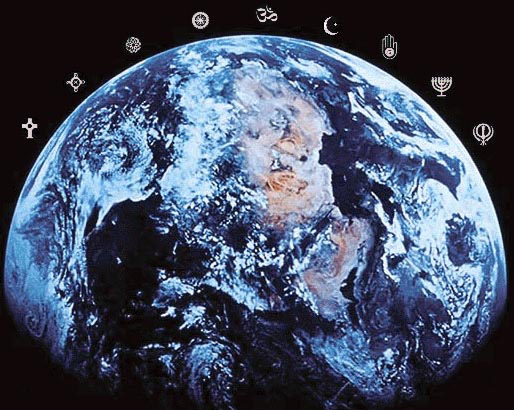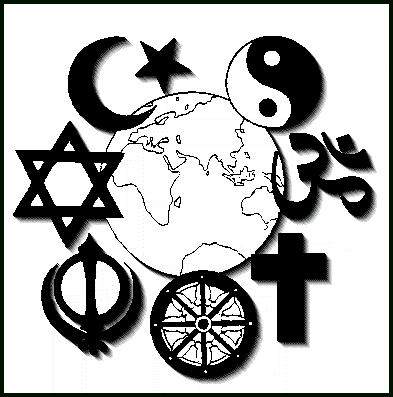|
WORLD RELIGIONS |
||||
|
|
Our objective in this course is threefold. First, we will seek to acquire knowledge of, and appreciation for, the history, cosmologies, and impact of the major religious traditions, with particular emphasis given to Indigenous religions, Hinduism, Buddhism, Judaism, Christianity, and Islam. Second, we will gain a sense of how these religions have developed and changed through time and within their particular cultural context. This includes evaluating the role of religious institutions, concepts, and practices in human life and developing a respect and appreciation for which particulars are relevant to the validity of a religious argument and the detection of logical fallacies, through reflective analysis. Third, we will develop critical thinking skills by evaluating the religious systems we consider, through writing assignments and class discussion. |
|||
|
||||
s

